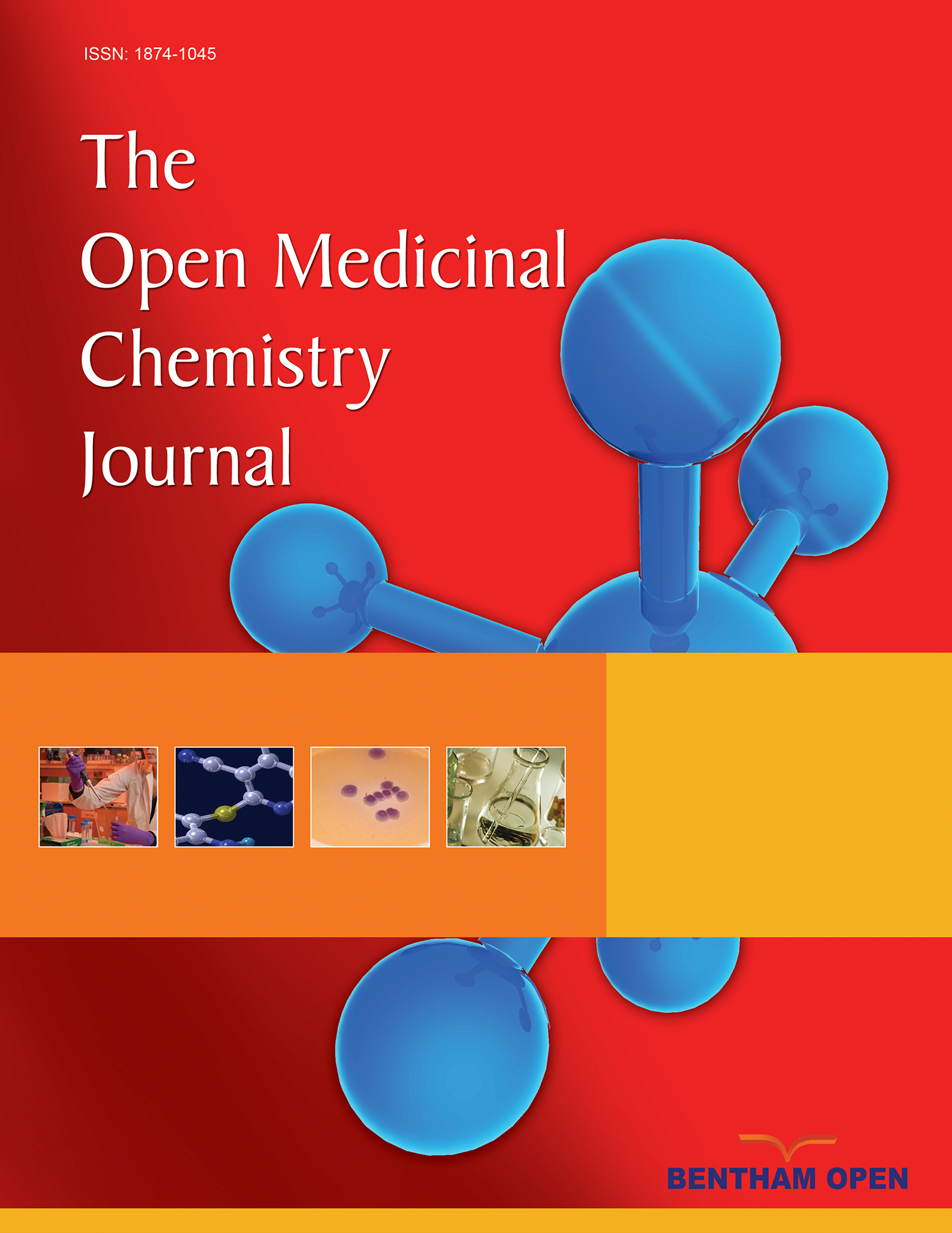All published articles of this journal are available on ScienceDirect.
Pongamia Pinnata: An Heirloom Herbal Medicine
Abstract
Pongamia pinnata (L) is one of many plants which possess various medicinal properties, and its chemical constituents have been used for the prevention and treatment of various human diseases in many countries as traditional medicine. It contains a wide range of phytoconstituents and has a wide range of pharmacological effects. It contains glycosides, alkaloids, flavonoids, carbohydrates, and fixed oils, among other phytoconstituents. Pongamia pinnata (P. pinnata) roots are useful for cleaning teeth, treating ulcers, strengthening gum, and gonorrhea. The root paste is applied locally to treat scrofulous enlargement. Pongamia Pinnata fresh bark is fragrant and mucilaginous, but it quickly becomes bitter and caustic. Its anthelmintic nature helps in treating ophthalmic, dermal, and vaginal ulcers. P. pinnata leaves are digestive, laxative, and anthelmintic, and they can help in treating diarrhea, leprosy, dyspepsia, and cough. Flowers are useful in diabetes dypsia, as well as vata and Kapha imbalances. Its oil is used to make biodiesel as well. Therefore, this review aims to compile the latest information about P. pinnata, especially its phytochemistry, uses in folk and traditional medicines along with toxicity study, and its role in the biofuel industry to address gaps between previous and current research and to develop new research opportunities.


